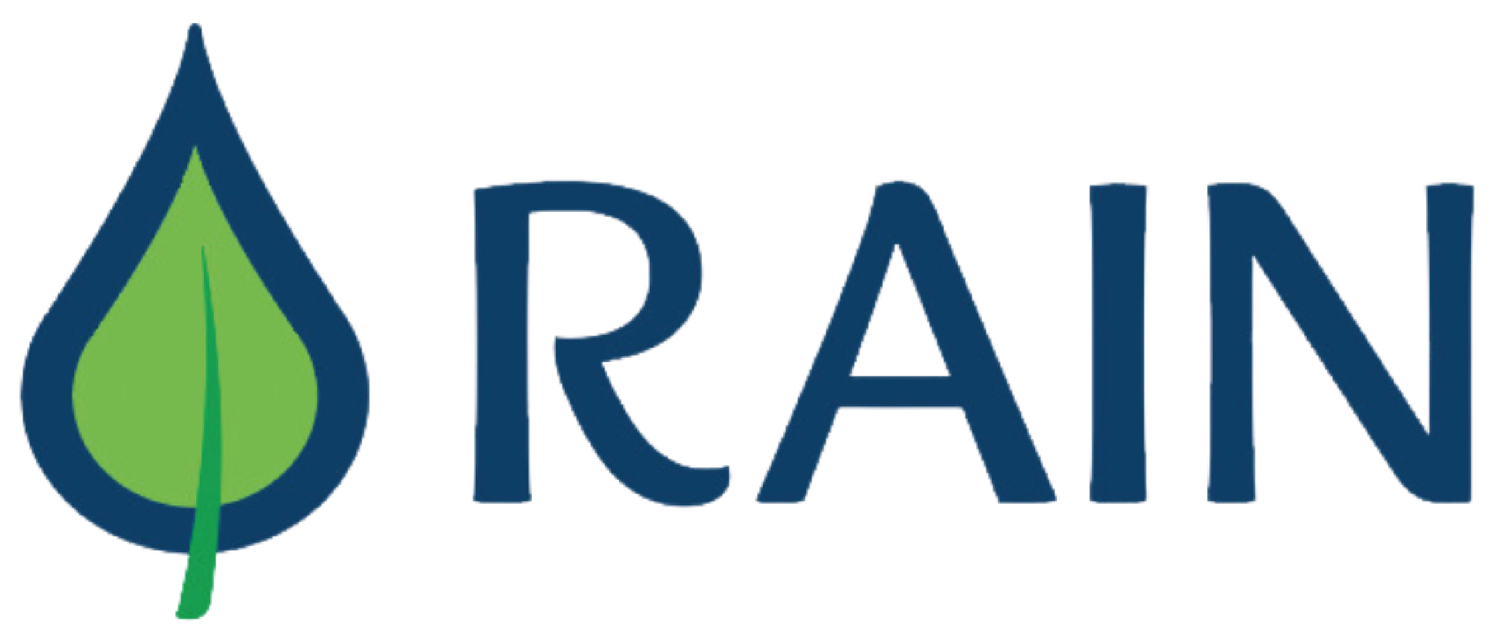Celebrating victory on Indigenous Peoples’ Day
Our Kaingang partners win back their forest
Today, the US celebrates its first official Indigenous Peoples’ day, replacing Columbus day and marking a cultural shift toward honouring the Native peoples of America, their resilience and their contributions to society throughout history, even as they faced assimilation, discrimination and genocide spanning generations.
Elsewhere, RAIN is celebrating the victory in the Brazilian courts of one of our Indigenous partners, Kretã Kaingang. Kretã has been on the frontlines of the struggle for Indigenous rights in Brazil for many years, including participating in retomadas (re-occupations) where Indigenous people occupy sometimes degraded areas that were formerly part of their ancestral territories. Here he is holding the letter granting the occupiers’ legal right to the land.
Kreta describes our partnership to plant Parana pine
The Indigenous nations of the world play an extraordinary role in the conservation, protection and restoration of the world’s ecosystems. Comprising less than 5% of the total world population, Indigenous people protect 80% of the global biodiversity of the planet. Communities invested with ancestral knowledge of their environments have been far more successful in protecting and regenerating them, and in combating the detrimental effects of climate change and biodiversity loss. Interventions integrated into the community bring a wider range of benefits to regenerative efforts than external ‘parachute’ solutions, and research has shown that conservation initiatives run by outsiders without the involvement of local communities can have a negative impact. A recent report suggests that a third of initiatives run without including local people were detrimental for both local people and nature.
At RAIN we believe that projects led by the stewardship of Indigenous peoples and backed by the support of the international community can achieve huge impacts. Global recognition and advocacy can drive the changes to national law and policy needed to empower the efforts of Indigenous communities. Effective, long-term solutions can be hard to implement in the face of discrimination, landgrabs and climate colonialism, but given the freedom to work unhindered, Indigenous communities are better able than anyone else to protect and restore biodiversity, repair hydrological systems, enhance food security and maintain their own cultural traditions. Putting the power back into the hands of Indigenous guardians is vitally important for the good of the entire planet.


